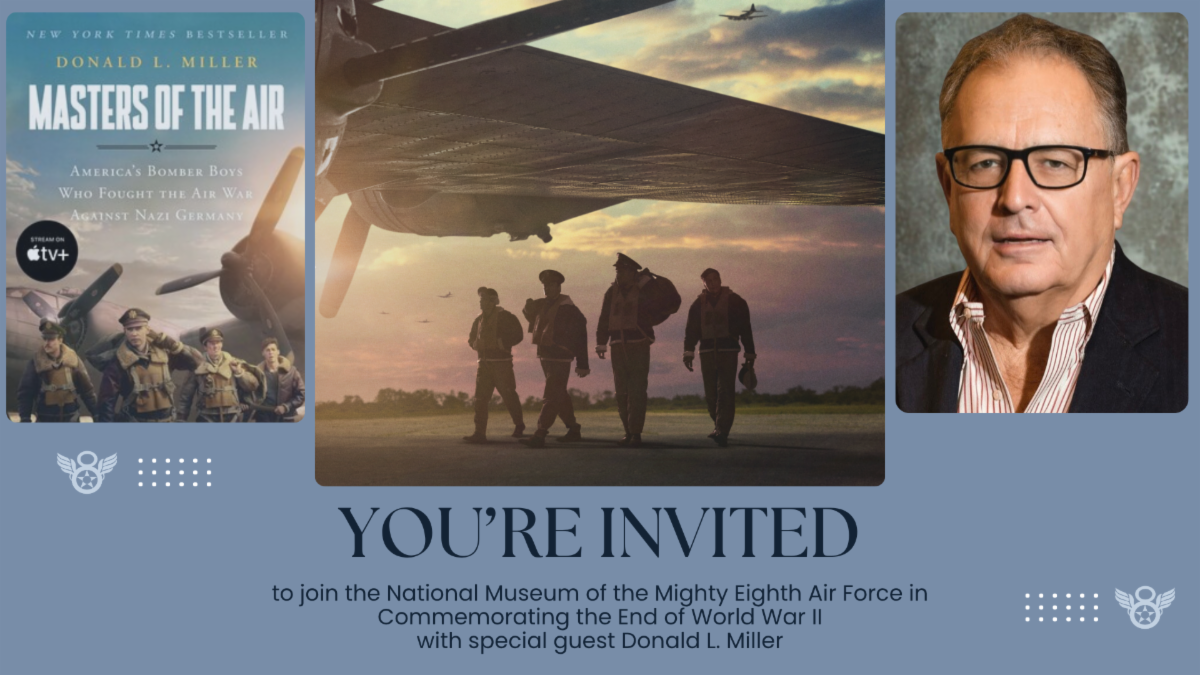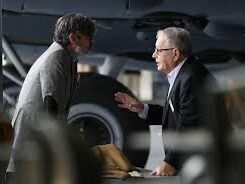Please see below for the most up to date engagements and links:
Pottsville Film Festival Cocktail Reception with Donald L. Miller – May 31, 2025 from 2:30-4:00pm at Schuylkill County Historical Society – invitation only.

To commemorate the 80th anniversary of the end of World War II, The National WWII Museum presents 1945, a new six-part podcast series that tells the story of one of the most consequential years in modern history. New episodes will be available each Thursday on Apple Podcasts, Spotify, or wherever you get your podcasts.
Listen to the podcast here! and Watch the trailer here!

Dr. Miller in “Conversations” on the History Shorts podcast and in “Interviews” on the Why Wars Happened History podcast IS HERE! – Listen here
